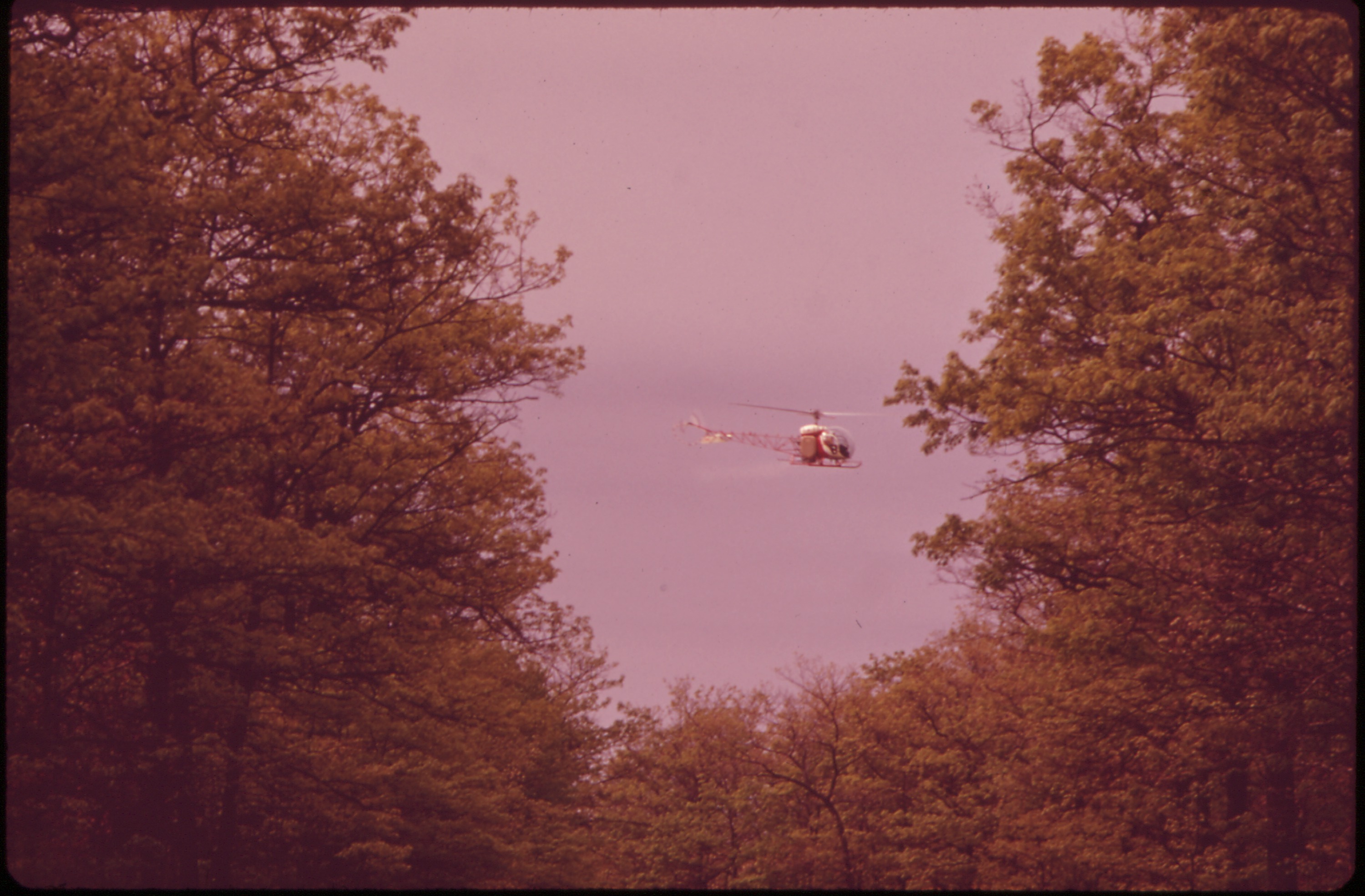The public is invited to attend a community open house and participate in a discussion about the 2020 gypsy moth aerial spray treatment program in Surrey.
The meeting will be held on Tuesday, Jan. 21, from 4:30 p.m. to 8 p.m. at Erma Stephenson Elementary school library, 10929-160 St., Surrey.
Members of the B.C. gypsy moth technical advisory committee will be joined by representatives from the Ministry of Environment and Climate Change Strategy, Ministry of Agriculture and
Canadian Food Inspection Agency, as well as other experts, to answer questions and provide information about the 2019 trapping season and the planned 2020 aerial spray program.
Trapping and monitoring results over the past several years show clear evidence of an established gypsy moth population in the proposed treatment area – 241 hectares of residential and municipal parkland close to Highway 1, near the Port Mann Bridge in North Surrey.
This is the same area that was aerial sprayed in 2019 and ground (hand) sprayed in 2017 and 2018. Trapping results indicate the aerial spray reduced the population. However, the spray area was not extensive enough to eradicate the building population.
The planned treatment will use aircraft to apply Bacillus thuringiensis var kurstaki (Btk), a biological insecticide that occurs naturally in soil and is commonly used in organic agriculture. Btk is effective at treating gypsy moth. It impacts only caterpillars that eat sprayed leaves and has a proven safety record around humans. Livestock, pets, birds, fish, spiders, bees, ladybugs and amphibians are not impacted by Btk.
The gypsy moth is an introduced pest species. The caterpillars feed on tree leaves and can damage forests, farms and orchards. Large gypsy moth populations defoliated sections of forests and residential areas in Ontario and the eastern United States in recent years.
Learn More:
To learn more about gypsy moths, visit: www.gov.bc.ca/gypsymoth
Or call toll-free: 1 866 917-5999
For information about the permit application and to view a map of the treatment zone, visit: https://www2.gov.bc.ca/gov/content/industry/forestry/managing-our-forest-resources/forest-health/invasive-forest-pests/gypsy-moth/news


